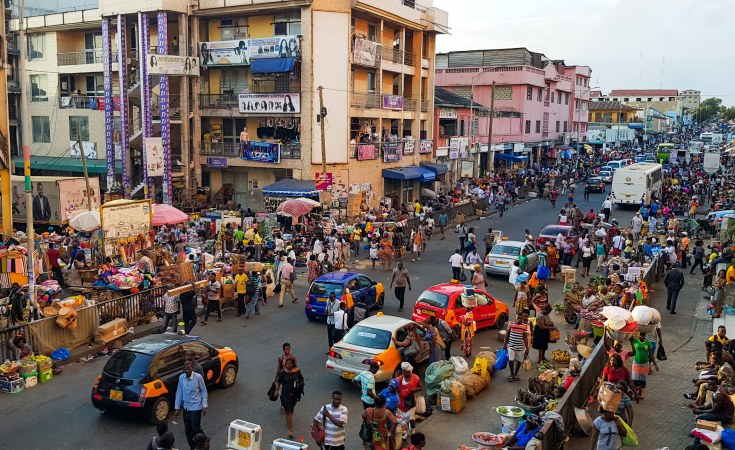Financial Economist, Professor Godfred Bokpin, has expressed worry about the current structure of the International Monetary Fund (IMF)'s support programme for Ghana over the next three years.
According to him, the programme, largely driven by revenue prescriptions, was not properly crafted because Ghana's problem was not about revenue mobilisation but rather expenditure.
The expenditure, he said, was characterised by numerous wastages and corrupt practices.
Speaking on the "Upfront" programme on Joy News yesterday, Professor Bokpin said the way to go was for government to adopt a lean government, exhibit efficiency and ensure higher value for money at all times, similar to the practices of Singapore and Malaysia.
"Given that we are not generating sufficient domestic revenue and that it is not the entire problem. And I've said before that if you look at the tax-to-GDP ratio of Malaysia and Singapore, really it has been almost below 15 per cent," he said.
"At some point in time, Ghana's tax-to-GDP ratio was higher than Malaysia and Singapore. So you can see that Malaysia and Singapore have developed from lean government and efficiency and higher value for money," he added.
Professor Bokpin outlined further that though he encouraged the government to do more in revenue management, it must also be mindful of the wastage in the system.
"In as much as we're encouraging government, that is why I have a bit of a problem with the IMF programme that once your diagnosis of the problem is that we don't have a lot of revenue, that is why we run into these challenges. Then the solution would also be heavily revenue based," he said.
A careful look at the IMF Staff Report on Ghana indicates that a lot of way forward for the economy hinged on revenue enhancement.


